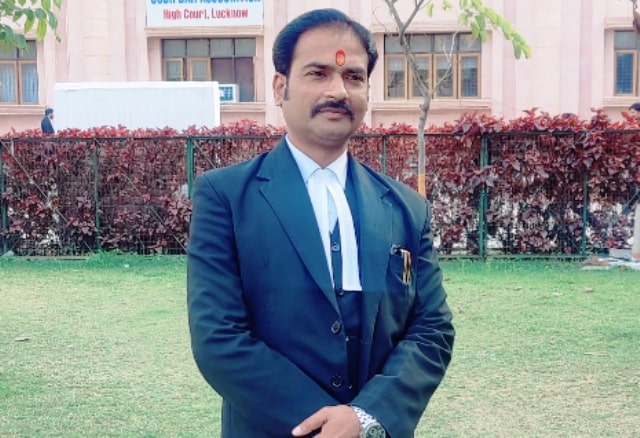Advocate Ritesh Srivstava from Uttar Pradesh says any punitive action must validate Bharatiya Nyaya Sanhita provision and not target the accused. His views:
On September 17, in an interim order to various pleas against “bulldozer actions” in various states, the Supreme Court ruled that no demolition should take place in the country without its permission. The order however exempted such action on encroachments on public roads, forest land, railway lines or waterbodies. I wholeheartedly welcome such a step as it seeks to uphold the legal justice system and keeps in check state government functionaries from targeting the accused, in most cases belonging to the minority community.
We had seen in many cases of ‘bulldozer action’ that even before an accused was proven guilty, the police, in cahoots with civic authorities, identified the property belonging to an accused and razed it on flimsy grounds. Such speedy ‘justice’ did win them brownie points among local public but it goes against the grain of Indian justice delivery mechanism.
For example, if the police arrest a culprit or an accused under criminal charges of murder or attempt to murder or rape, it does not allow them a free hand to raze to ground the accused property. It is for the court to decide whether the accused is guilty of the charges framed. The law gives everyone a chance to prove his or her innocence. However, of late, several state administrations are quick to bring out bulldozers to deliver ‘instant justice’ to win public applause.
ALSO READ: ‘Bulldozer Has Become A New Symbol For Oppression’
As per the prevailing practices of the police, it seems they do not wish to follow the procedures laid down in the criminal code as per the Constitution. They often invoke a harsh Gangster Act in order to ensure that the accused does not get bail easily and then dig out the land records of their property to find some loophole and initiate ‘bulldozer action’. The relevant sections of the IPC or the recently implemented BNS are given an apathetic go by. This is gradually becoming a standard practice in some of the states.
The country and its citizens are protected by a set of laws and this set of rules is incumbent on law enforcing agencies to be followed. And in the era of a strong social media presence, no state agency can throw the rulebook out of the window.
The SC rightly mentioned that bulldozing justice is just like bulldozing the law of land It is universally agreed that inhumane perpetrators (like those involved in murder, rape, mob lynching) should get the severest of the punishment, but it should remain within the framework of law. Even for bulldozer action, one would require to follow the rules, secure a nod from the competent court and only then it can be implemented. The enforcement authorities should not behave like having got the license to kill and bulldoze.
The rule of law has to be followed. This is how a police force is trained to handle crime and criminal acts. Book a perpetrator, find out his illegalities, dig out tangible proof and then charge him in a court of law. Any digression from the standard procedures set in the criminal code will only lead to further lawlessness and anarchy in our society.
For more details visit us: https://lokmarg.com/
As told to Rajat Rai

